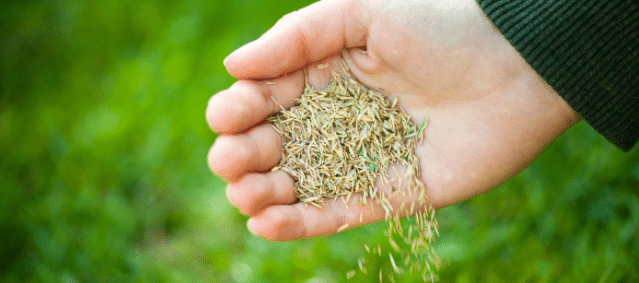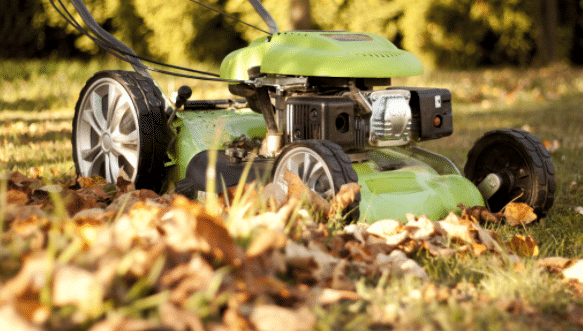Beautiful grass in your front lawn does not happen on its own. To get a lush green lawn, proper care and regular maintenance are necessary even in winters. Here are some excellent winter lawn care tips to consider to ensure your grass stays healthy and lush green.
Contents
Aeration

Perforating the soil to create a better flow of nutrients, water, and air down to grassroots is soil aeration. When the ground becomes dry and thirsty during summers, it can pose issues in the cold winter as the root system will not thrive during harsh conditions. Therefore fertilize and aerate the grass when it is actively growing.
Ideally, you should aerate your lawn before the first frost shocks your grass. However, for cool-season grass, you may prefer aerating in early spring or fall.
Avoiding Salt Damage

Salt damage to lawns is usually the cause of commercial salt used on streets that may spread on your yard or from the ice melt product that you may use to de-ice driveways or sidewalks. The best way to prevent damage to the lawn from salt is by not using salt or choosing an alternative product like calcium chloride.
Fertilizing

The best time to fertilize your lawn is just before the expected frost days. Until the ground is not frozen, it is better to sweeten acidic soil with little lime juice. By winterizing your grass, lawns will become lush green.
Maintaining Equipment

A well-maintained lawn mower can last up to eight and ten years. Give your mower a good cleaning and repair as needed if you forgot to do it during the fall. It is the best time to sharpen the mower blades for cutting the grass cleanly. In addition, as lawn and tree diseases spread through contaminated equipment, it becomes essential to clean and disinfect tools.
Minimize Soil Compaction

The simplest way to explain soil compaction is the reduction of pore space in the soil of your lawn. When the soil gets compacted, it cannot absorb water and doesn’t lead to healthy plant growth. Therefore it is essential to minimize soil compaction by not standing or walking on your garden bed and not making it a parking area in winters.
Mowing

You should avoid mowing your lawn when it is wet; however, you can still give your grass a final cut in winters on a dry day.
Raking

Winter is a great time to start or finish your autumn leaf clean-up. It can be a simple task that is important to prevent fungal growth, pest infection in your lawn, so do not forget to rake up all the leaves on the property.
Removing Debris

The aftermath of severe winter storms, consisting of high winds and ice, often causes the breakdown of tree branches and other debris. It is best to remove the debris before heavy rain or snowfall occurs.
Seeding

If there are bare patches in your lawn which you forgot to sod at a warm temperature, you can spread seed in the patches even if there is snow on the ground.
Watering

Lack of precipitation, wind, and sunshine can cause damage to your lawn during winters. If you are experiencing winter drought, do not forget to care for your lawn and water them deeply.
Weeding

You may notice weeds growing after a few rainy winter days. Do keep a watch and remove the weed from gaining a foothold. You can also refer to using a pre-emergent weed killer. To keep lawn chokers at bay, apply a layer of herbicide.
Importance Of Lawn Care

- A healthy lawn is a marvel, providing your family a lush green place to relax and play.
- It helps to prevent erosion and topsoil runoff.
- It purifies the water by capturing and breaking down pollutants for the aquifers
- Improves your mood and emotions
- it provides for a safer place to play sports and other activities as compared to artificial surfaces
- It also supplements the value of your property or house.
- It is highly beneficial in trapping air pollutants from the atmosphere and providing clean air.
- It absorbs rainfall effectively
Conclusion
Applying these essentials to your lawn care during winters will help you in protecting your lawn from damage. While you should take care of your lawn in fall and spring, winter is still an excellent time to accomplish the pending tasks like raking, seeding, weeding, aerating, etc.